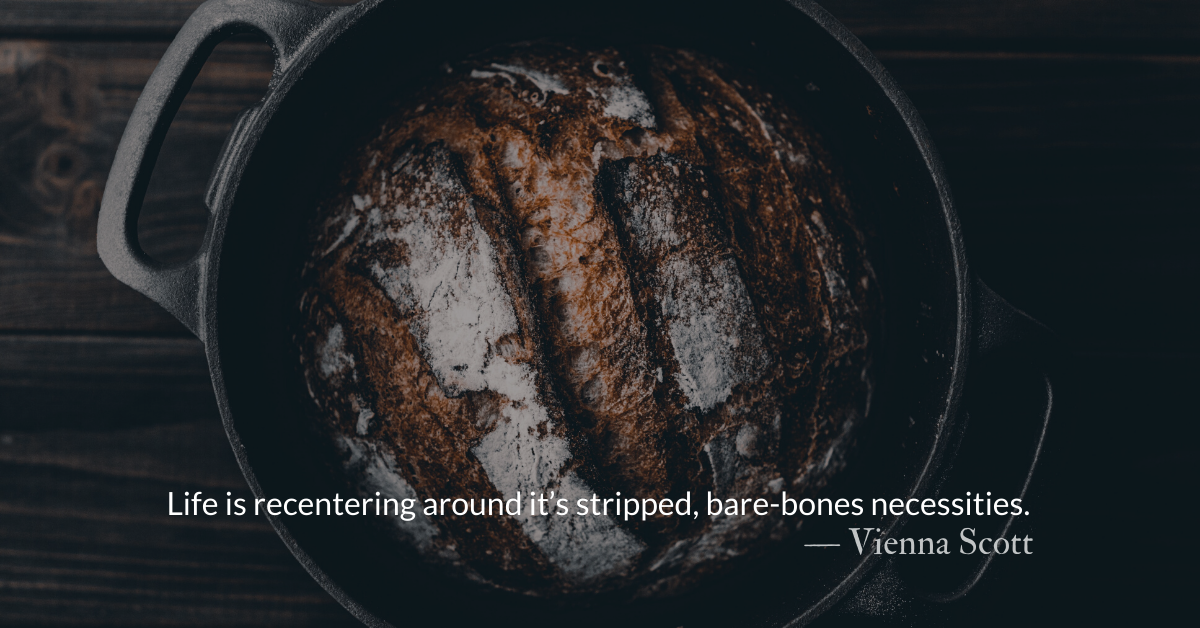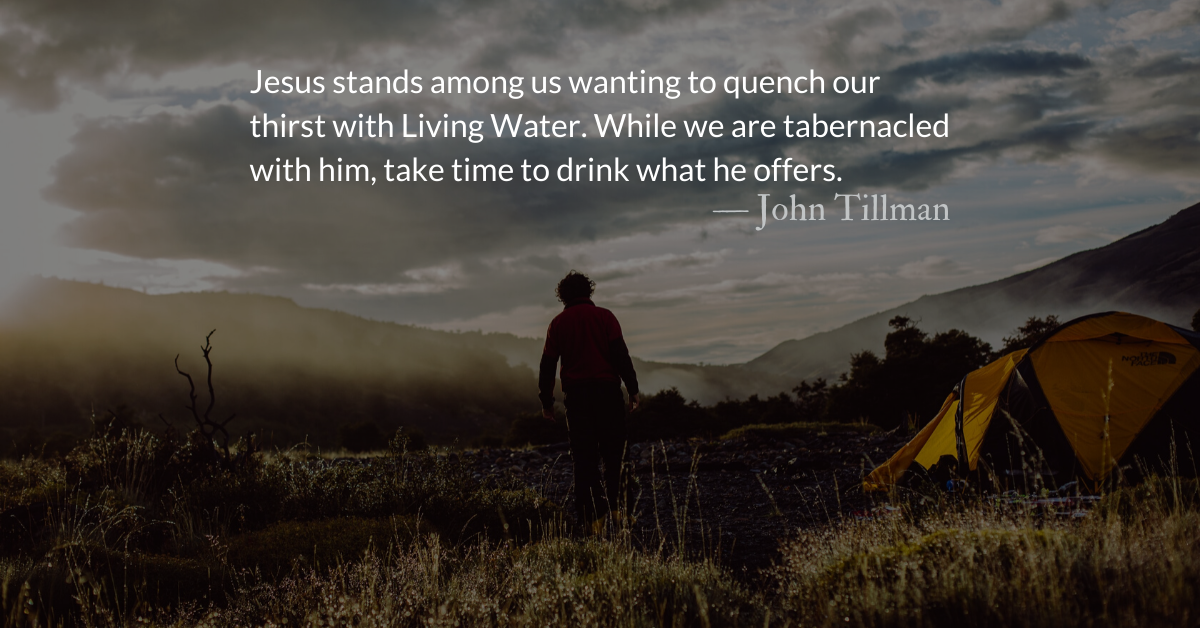We are happy to welcome ministry-focused college and seminary students from around the country and overseas to write in June of 2020 for The Park Forum. Each of them is pursuing a career in ministry and received free coaching on their writing as a part of the program. For more information about the program and a profile of each of our student writers, visit our Student Writers Month page.
Today’s student writer is Vienna Scott, a student at Yale University.
Scripture Focus: Isaiah 55:1-2
1 “Come, all you who are thirsty,
come to the waters;
and you who have no money,
come, buy and eat!
Come, buy wine and milk
without money and without cost.
2 Why spend money on what is not bread,
and your labor on what does not satisfy?
Listen, listen to me, and eat what is good,
and you will delight in the richest of fare.
Reflection: Canned Good Casseroles and Christ
By Vienna Scott
Coronavirus and the novelties of socially-isolated life have rocked the rhythms of our everyday. Even simple habits like eating three meals a day are remade by COVID-19. People who once went out to crowded Happy Hours are now home canning jams; the lackadaisical have embraced home workouts; all the Joneses are making sourdough. Who knew a lack of Major League Baseball would breed yeast?
Life is recentering around it’s stripped, bare-bones necessities. For those quarantined and blessed enough to be food-secure, eating has been elevated to be a highlight of the day; each meal is a feast to be prepared with attention, creativity, and love. For those working overtime or encountering food shortages, meals are brief moments of respite.
We are unconsciously learning the lessons of Isaiah 55. Isaiah calls us to the wine, milk, and bread. He exhorts us to feast. What does it mean to be called to feast in a time of social famine?
Feasts combine food, relationships, and celebration. Our loaves and dishes are insufficient conditions to DIY a functional feast. We need the proper cause and company. How do we feast without fellowship? How do we buy without money? If we have no money but are commanded to spend, why spend that fictional coin on anything but bread to sustain us?
Isaiah’s prophetic words prefigure Christ. We cannot buy without money but someone has already paid. We cannot feast on our own but someone is omnipresent. We cannot afford to nourish ourselves but someone else paid the price to sustain us. Calling us to feast is calling us to the celebration of our relationship with Christ.
Isaiah’s exhortation speaks to us, a bloated people who have gorged on physical feasts and neglected the spiritual. With the old structures of life falling apart, there is an opportunity to rebuild a new structure with an eye towards the things that really matter. Listening, eating, and delighting in what is good is the spiritual feast. To feast in stark circumstances is to celebrate the life to come with Christ. Christ-Life is feasting. When you sit with the Holy Spirit, even casseroles from canned goods or cereal three times a day can be a celebration.
Divine Hours Prayer: The Greeting
With my whole heart I seek you; let me not stray from your commandments. — Psalm 119.10
– Divine Hours prayers from The Divine Hours: Prayers for Summertime by Phyllis Tickle
Today’s Readings
Isaiah 55 (Listen – 2:11)
Matthew 3 (Listen – 2:17)
Read more about Fasting from the Feast
God invites us to the feast of the kingdom. But many are fasting from God’s feast in order to binge on the benefits we can wring from the world.
Read more about Fasting as a Feast
Christians have a conflicted relationship with feasting, though we seem fine with most other extravagances.








